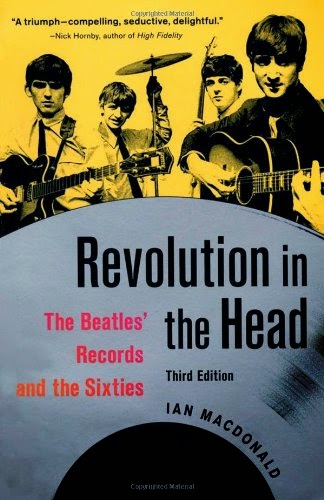The 2015 New Zealand
International Film Festival has just wrapped up and there was a plethora of
good music documentaries on show. One of these was the long-awaited and much
heralded film “The Wrecking Crew”. Directed by Denny Tedesco, the film which
was originally made for release in 2008, but had its release delayed due to distribution
issues is about a group of Los Angeles-based musicians who made up the session
group from the late 50s and 60s called the Wrecking Crew. This collective of
session players which totalled over fifty musicians played on all the big hits of
the period, including those by the Beach Boys, Frank and Nancy Sinatra and the “Wall
of Sound” records produced by Phil Spector. At that time big name American pop
artists wanted the best musicians backing them on their records and in the form
of the Wrecking Crew they knew they were getting the case. In the process this
often led as was the case with the Beach Boys to bands ditching their own
members for the Wrecking Crew to play on their records.
You might not know the names
of the musicians, but you will definitely have heard some of the music they
played on, with songs like “Good Vibrations”, “The Beat Goes On” and “You’ve
Lost That Loving Feeling” coming to mind. And, this is one of the things the
film sells itself on, the idea that these musicians stories have been left
untold for too long, while the superstar singers and bands whose records they
played on have gained all the fame and fortune. Session musician groups such as
the Wrecking Crew are now a thing of the past, and that is one if the sad facts
of this story in that once the 70s came, many of these musicians had no more
work and simply vanished from the industry as work became scarcer. Some fortunately
such as Leon Russell and Glen Campbell were able to get gigs with other big
acts, or in the case of Campbell carve out successful solo career. But other
interesting personalities such as bass player Carol Kaye and guitarist Tommy
Tedesco, both highly influential players struggled to maintain work in an
industry which was undergoing significant change as the decades moved on. Session
players were out as more and more acts picked up their own instruments. A shame
really as these players are talented and extremely gifted players, with the
ability to play any style of music, play it more than competently and read
music to boot, something which in itself is becoming rarer and rarer amongst
pop and rock acts today.
“The Wrecking Crew” is a truly
beautiful story which was actually quite a touching watch at times, as these musicians
sat with one another yarning and reminiscing of the good times had in the
studio. And, although many of them have long since had much to do with the
industry, this film was a fitting reminder that they once carved out a place at
the centre of the music industry and made their mark well and truly in the
process. Thankfully the distribution problems which have prevented the release
of this film were able to be sold and the opportunity for these musicians to
tell their story has come about. A great rockumentary film which anyone with an
interest in popular music history should see if given the opportunity.
A
- Sam




